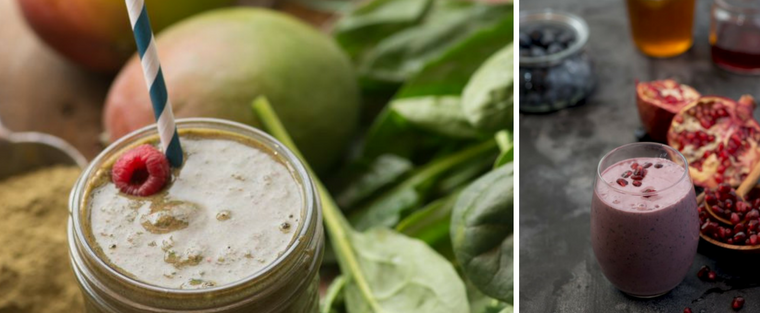Many people are exploring how vegan diet improves health, drawn by its potential to enhance wellness, energy levels, and longevity. Research shows that a well-balanced vegan diet offers numerous health benefits, such as supporting heart health, reducing the risk of chronic diseases, and boosting overall well-being. This article highlights the essential health advantages of adopting a vegan lifestyle, along with practical tips for thriving on a plant-based diet.
Health Benefits of a Vegan Diet
1. Improves Heart Health
A vegan diet is naturally low in saturated fat and cholesterol. Eating fiber-rich foods like vegetables, fruits, and whole grains helps lower blood pressure and supports a healthy heart.
2. Lowers Risk of Type 2 Diabetes
Plant-based foods help regulate blood sugar and improve insulin sensitivity. Whole grains, legumes, and vegetables reduce the risk of diabetes and keep energy levels stable.
3. Supports Weight Management
Vegan diets are usually lower in calories but high in fiber, helping people feel full without overeating. This supports a healthy body weight.
4. Enhances Digestive Health
A high-fiber diet keeps the digestive system healthy. It prevents constipation, supports gut bacteria, and helps with better nutrient absorption.
5. Reduces Inflammation
Fruits, vegetables, and nuts are full of antioxidants that help reduce inflammation in the body. This lowers the risk of conditions like heart disease and arthritis.
6. May Lower Cancer Risk
A diet high in fiber and plant nutrients may help prevent some types of cancer, including colon and breast cancer. Colorful fruits and vegetables protect cells and support the immune system.
7. Improves Skin Health
Nutrients like vitamin C, found in many fruits, help build collagen for healthy skin. Omega-3s from chia seeds and walnuts keep skin hydrated and reduce acne.
Essential Nutrients to Focus On
-
Protein – Found in lentils, tofu, and beans
-
Vitamin B12 – Must be added through supplements or fortified foods
-
Iron – Spinach, quinoa, and legumes
-
Omega-3s – Chia seeds, flaxseeds, walnuts
-
Calcium – Fortified plant milks, leafy greens
-
Vitamin D – From sunlight or fortified products
-
Iodine – Found in iodized salt and seaweed
-
Zinc – Beans, pumpkin seeds, lentils
Sample Vegan Meal Plan
-
Breakfast: Smoothie with banana, berries, spinach, and chia seeds
-
Lunch: Quinoa bowl with chickpeas, vegetables, and tahini
-
Snack: Apple with almond butter
-
Dinner: Tofu stir-fry with brown rice and broccoli
-
Dessert: Dark chocolate or fresh berries
Tips for a Healthy Vegan Diet
-
Choose whole, unprocessed foods
-
Eat a variety of fruits, vegetables, and grains
-
Include fortified foods for B12, vitamin D, and calcium
-
Take supplements as needed
-
Drink enough water and stay hydrated
Read more about Vegan Health Risks…
Conclusion
A vegan diet can greatly improve health by lowering disease risk, supporting heart and gut health, and improving skin and energy.
By focusing on whole foods and meeting essential nutrient needs, you can enjoy the full benefits of a plant-based lifestyle.

